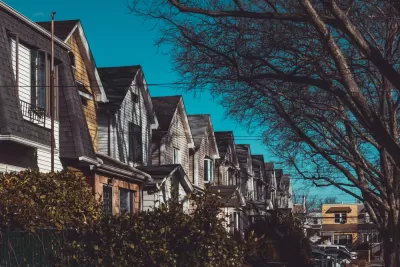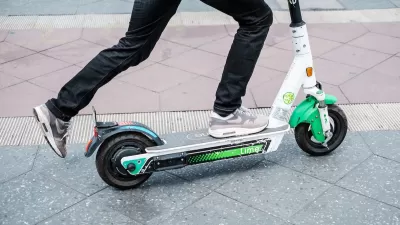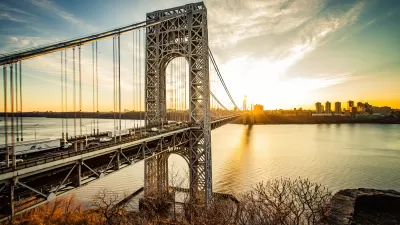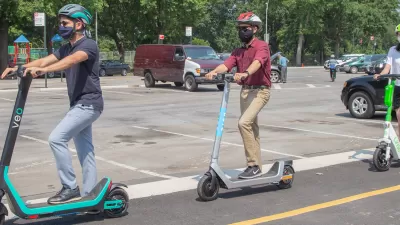As non-owner-occupied homes increase in number in Queens neighborhoods, it's becoming harder for immigrants to afford a first home.

Oscar Perry Abello writes about growing concerns that Queens is losing its identity as a place for immigrants to come to the country and establish a life—the death of the starter home is how the headline describes the stakes.
According to Abello, "community advocates are sounding the alarm that investor dollars are setting off market speculation that threaten to price out the first-time homebuyers, many of them immigrants, that made those neighborhoods such reliable places to sprout roots."
Abello, who has a family history of arriving in Queens to establish a life in the United States, shares news of a report published earlier this year by the Chhaya Community Development Corporation, which "found that mortgages for non-owner-occupied homes in Queens is now roughly triple what it was before the housing market crash of 2008."
"In three key neighborhoods that Chhaya has long considered a safe bet for first-time immigrant homebuyers, non-owner-occupied home mortgages accounted for 20-30 percent of home purchases in 2017," according to Abello. Local advocates are stepping up messaging, as explained in the article, that connects those non-owner-occupied home mortgages to large-scale investors.
Abello also calls attention to the role of the Federal Housing Administration's Distressed Asset Stabilization Program in shifting ownership of much of the borough's housing stock to large investors in the wake of the foreclosure crisis of the Great Recession.
FULL STORY: Is the Starter Home Dead in Queens? Time Is Running Out

Planetizen Federal Action Tracker
A weekly monitor of how Trump’s orders and actions are impacting planners and planning in America.

Maui's Vacation Rental Debate Turns Ugly
Verbal attacks, misinformation campaigns and fistfights plague a high-stakes debate to convert thousands of vacation rentals into long-term housing.

San Francisco Suspends Traffic Calming Amidst Record Deaths
Citing “a challenging fiscal landscape,” the city will cease the program on the heels of 42 traffic deaths, including 24 pedestrians.

Defunct Pittsburgh Power Plant to Become Residential Tower
A decommissioned steam heat plant will be redeveloped into almost 100 affordable housing units.

Trump Prompts Restructuring of Transportation Research Board in “Unprecedented Overreach”
The TRB has eliminated more than half of its committees including those focused on climate, equity, and cities.

Amtrak Rolls Out New Orleans to Alabama “Mardi Gras” Train
The new service will operate morning and evening departures between Mobile and New Orleans.
Urban Design for Planners 1: Software Tools
This six-course series explores essential urban design concepts using open source software and equips planners with the tools they need to participate fully in the urban design process.
Planning for Universal Design
Learn the tools for implementing Universal Design in planning regulations.
Heyer Gruel & Associates PA
JM Goldson LLC
Custer County Colorado
City of Camden Redevelopment Agency
City of Astoria
Transportation Research & Education Center (TREC) at Portland State University
Jefferson Parish Government
Camden Redevelopment Agency
City of Claremont





























